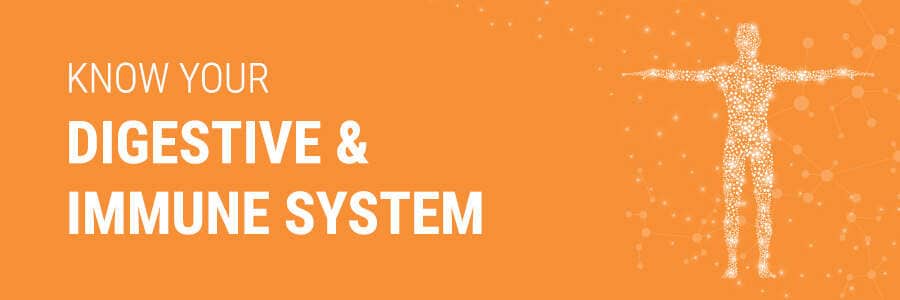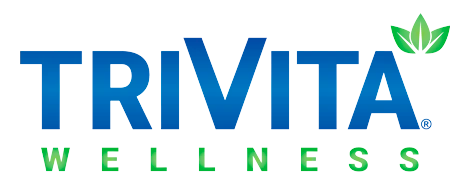

The System functions:
The digestive system is a group of organs working together to convert food into energy and basic nutrients to feed the entire body. Food passes through a long tube in the body known as the alimentary canal or the gastrointestinal tract (GI tract). Accessory organs of the digestive system include the teeth, tongue, salivary glands, liver, gallbladder and pancreas.
Six major functions take place in the digestive system:
Ingestion – The intake of food through the mouth. The mouth and stomach are responsible for storing food while it is waiting to be digested.
Secretion – The digestive system secretes approximately 7 liters of fluid throughout the day. This includes saliva, mucus, hydrochloric acid, enzymes and bile which are used to moisten and
Mixing and Movement – This includes three main processes to move food through the digestive tract and increase absorption. They include swallowing, peristalsis and segmentation.
Digestion – Digestion is the process of turning large pieces of food into its chemical components. This begins with chewing food and is continued through the muscular mixing that takes place in the stomach and intestines.
Absorption – Absorption begins in the stomach with simple molecules like water and alcohol
Excretion – Finally, the excretion of waste removes indigestible substances from the body so that they don’t accumulate in the gut.
The immune system is the body’s defense system against viruses, bacteria and fungi. The immune system works to keep harmful agents out of the body and attack those that enter.
Associated organs:
Salivary glands, pancreas, liver, gallbladder
What you can do to help support a healthy Digestive & Immune System:
Recommended Dietary Supplements: Essential D, MyFloraDaily Prebiotic, MyFloraDaily Probiotic, Nopalea, Vital C, Zamu Protect.
Amazon Herb Supplements: Aqua Algae, Camu Gold, Enviro Defense, Fiberzon, Fiberzon Capsules, Fortify, Illumniation, ProDigest, Rainforest Treasure Tea.
Essential Vitamins & Minerals: Magnesium, Vitamin A, Vitamin B1, Vitamin B3, Vitamin B6, Biotin, Vitamin B12, Vitamin C, Vitamin D, Vitamin E, Zinc.

Foods to include:
Fruits
Raspberries, Pear, Apple, Banana, Figs
Vegetables
Spinach, Broccoli, Brussels Sprouts, Artichoke, Carrots
Protein/Dairy
Wild-Caught Salmon, Organic Pasture-Raised Chicken, Greek Yogurt, Kefir
Nut & Seeds
Flaxseed, Chia Seeds, Hemp Seeds, Pistachios, Pecans
Miscellaneous
Lentils, Beans (black, lima), Coconut Oil, Kombucha, Kimchi
NOTE:
Be sure to do your best to shop organic, grass-fed, free-range, unprocessed and low sodium.
Daily morning cleanse: 8-12oz of lemon water.
Foods you should avoid or limit:
Do your best to read the labels on packaged food. If the names are too hard to pronounce, they are likely chemical based ingredients and not very good for you.
- Processed and high-sodium foods such as cured ham, bacon, sausage
and potato chips. - Foods that contain all-purpose flour such as pizza, bagels, pretzels, white bread, and flour tortillas.
- Foods containing artificial sweeteners like Sucralose such as yogurt, cereal, whole grain muffins
and bread and microwave popcorn. - Beware of “reduced sugar” labels which are usually loaded with artificial sweeteners such as fruit juice, ketchup, jams, jelly, syrup, soda, sports drinks, ice cream and salad dressings.
Artificial sweeteners you should try to avoid:
Aspartame, Acesulfame potassium, Alitame, Cyclamate, Dulcin, Equal, Glucin, Kaltame, Mogrosides, Neotame, NutraSweet, Nutrinova, Phenylalanine, Saccharin, Splenda, Sorbitol, Sucralose, Twinsweet, Sweet ‘N Low, Xylitol
Recommended activities:
Physical activity is essential for good health. New studies show even 15 minutes of elevated heart rate from activity has numerous benefits. Find activities you enjoy doing and aim for at least 15 minutes 4 to 5 times per week.
- CARDIO: Biking, Hiking, Walking, Running, Swimming, Dancing, Zumba
- STRENGTH: Weight Training, Pilates, Vigorous Yoga, P90X, Crossfit, Barre
- FLEXIBILITY: Yoga and Stretching

Additional information:
Common Symptoms:
Common signs and symptoms associated with the digestive and immune system include heartburn, bloating, flatulence, poor appetite, cravings, trouble swallowing, vomiting, diarrhea, constipation, nausea, abdominal pain and slow healing infections.
Common Disorders:
- Auto-Immune Deficiency – Abnormally low or
over activity of the immune system. - Bowel Obstruction – Blockage of intestines not allowing food to process or pass through.
- Cancer – Abnormal cells destroy healthy tissue.
- Crohn’s Disease – Chronic inflammatory bowel disease that affects the lining of the digestive tract.
- Colitis – Inflammation of the colon.
- Fatty Liver Disease – The accumulation of liver fat in people who drink little or no alcohol.
- Hemorrhoids – Swollen and inflamed veins in the rectum and anus that cause discomfort and bleeding.
- Hepatitis – An inflammation of the liver.
- Jaundice – A liver condition that causes yellowing of skin and eyes.
- Leaky Gut – Chronic inflammation through the body that causes intestinal permeability.
- Liver Disease – Any condition that damages the liver and prevents it from functioning properly.
- Pancreatitis – Inflammation of the pancreas.
- Stool Incontinence – Loss of bowel control.
- Ulcers – Sore that develops on the lining of the mouth, esophagus, stomach or small intestine.
Download:
You can download a copy of the Digestive & Immune System information found on this page to keep for your reference, or share with friends and family.

